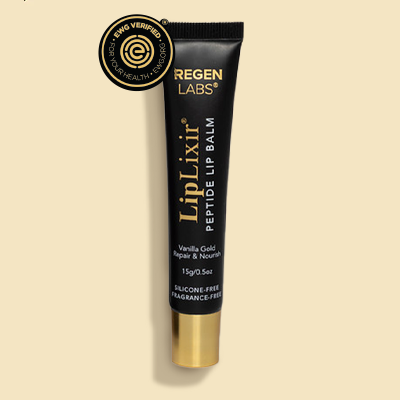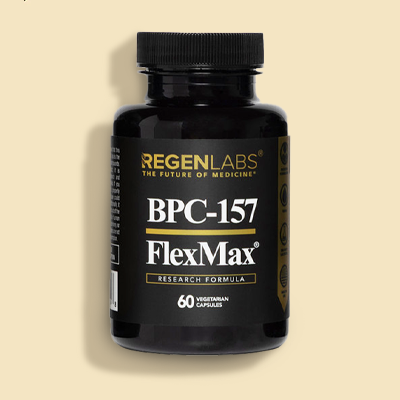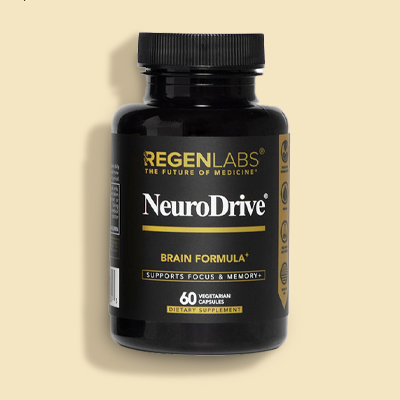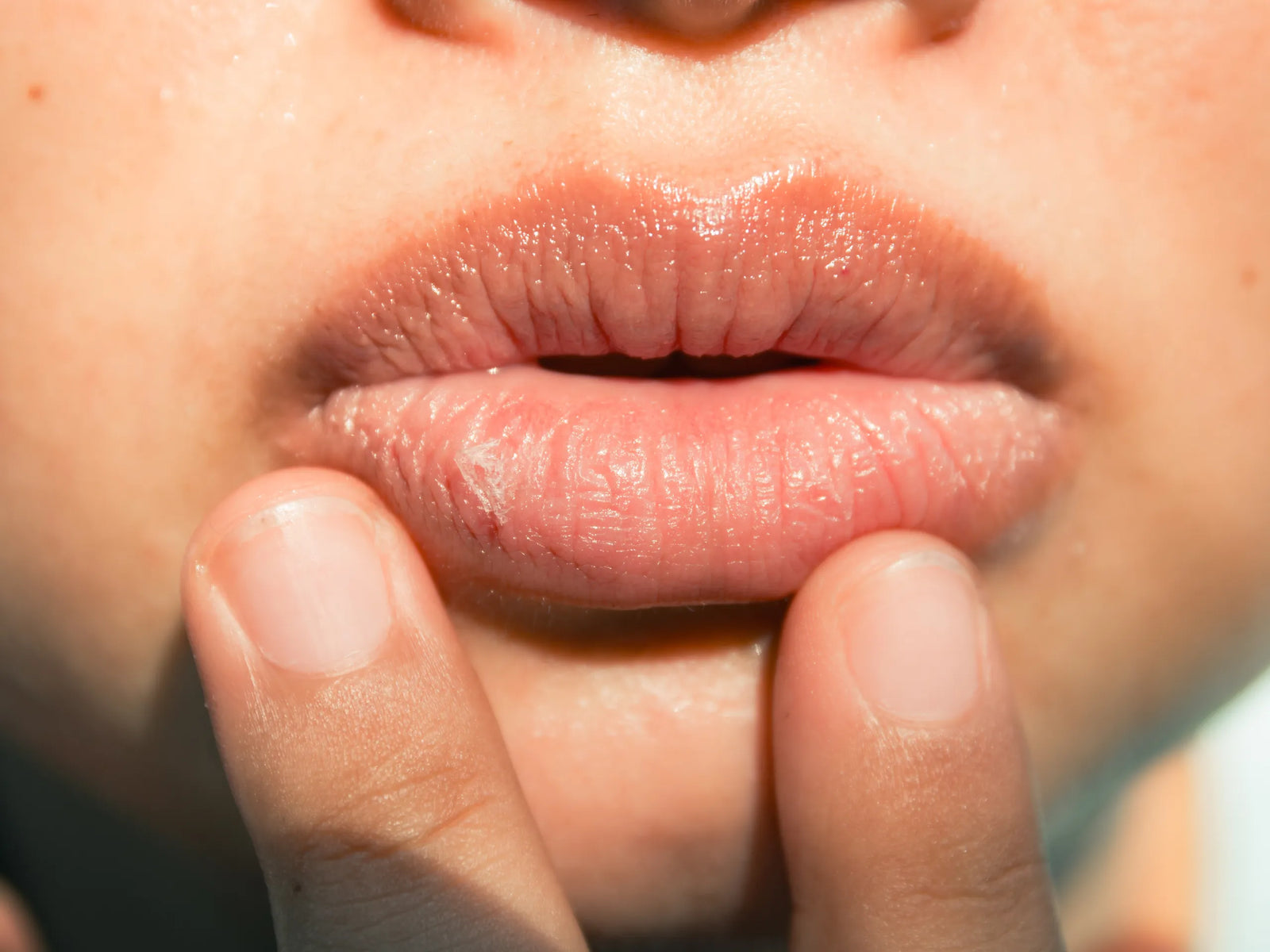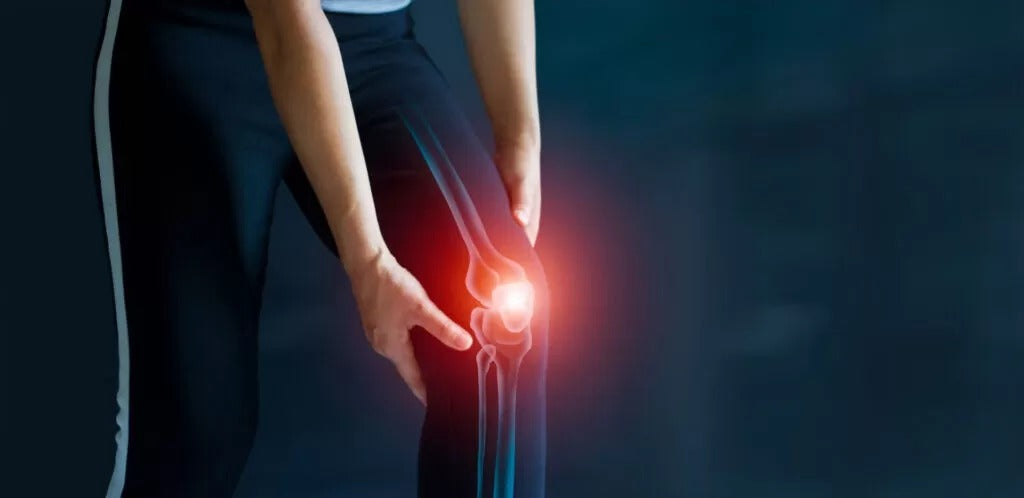
Data shows depression affects more than 21 million people in America each year – some 8% of the population. The figures among the youth are even higher; up to 15% of those aged 12 to 17 report depressive episodes.
The conventional approach to treating depression is to prescribe various drugs, including SSRIs, monoamine oxidase inhibitors, and NMDA antagonists. However, these compounds often come with nasty side effects, including lack of emotion, apathy, brain fog, headaches, anxiety, insomnia, and nausea.
Fortunately, there are numerous natural supplements or use over-the-counter antidepressants for depression that have minimal side effects or none at all. These are becoming more popular as people wake up to the dangers of the conventional approach.
But what are they? Let’s take a look.
1. Saffron
Believe it or not, saffron is a top-rated antidepressant – and you might already have it in your kitchen cupboard. The flower extract is found in almost every supermarket, making it an obvious addition to supplements, like InstaZen.
A big 2019 review found that saffron was more effective than placebo for treating people with mild and moderate depression. Patients seemed to feel better after taking it, helping them live their lives more normally.
Further studies suggest saffron is as potent as leading antidepressant drugs, like fluoxetine and citalopram but without the side effects. Patients felt better but didn’t experience insomnia, shaking, sweating, headaches, abdominal pain or racing hearts.
2. L-Theanine
L-theanine is another powerful supplement to support mental health. Research previously showed it helped reduce anxiety and stress but new information suggests it may also improve depressive episodes.
L-theanine increases GABA but also binds to glutamate and NMDA neurotransmitters, increasing levels of brain-derived neurotrophic factor (BDNF) responsible for forming new memories. The activity of the compound may reduce free radical production, leading to less anxiety and oxidative damage.
Calming effects were shown in doses of between 50 and 200 mg, kicking in around 30 to 45 minutes after administration and lasting up to 10 hours. However, severe anxiety patients can take as much as 600 to 800 mg to see the benefits.
3. DHH-B
DHH-B extract (from bioactive Honokiol Magnolia bark) is another mood-boosting agent. While it doesn’t directly influence depression, it has anti-anxiolytic effects and reduces feelings of turmoil and agitation. There is also evidence that it can interact with the body’s cannabinoid receptors (similar to CBD from hemp), inducing pain relief and disease prevention.
4. Chamomile
Chamomile is another option for people with depression. A 2012 study found people taking chamomile pills saw a reduction in symptoms of anxiety and depression compared to placebo. Mood scores increased significantly in the treatment group.
5. 5-HTP
Finally, 5-HTP is a promising supplement to fight depression that garnered significant hype several years ago. Researchers believe it might improve the brain’s serotonin levels.
The animal studies on the compound are certainly promising. Data suggest it improves the level of target neurotransmitters significantly, with animals appearing more active and less lethargic. However, the evidence on whether it works in people is limited.
5-HTP is available as an over-the-counter supplement in the U.S. However, caution is advised: taking it in a high dose can lead to various neurological symptoms.


